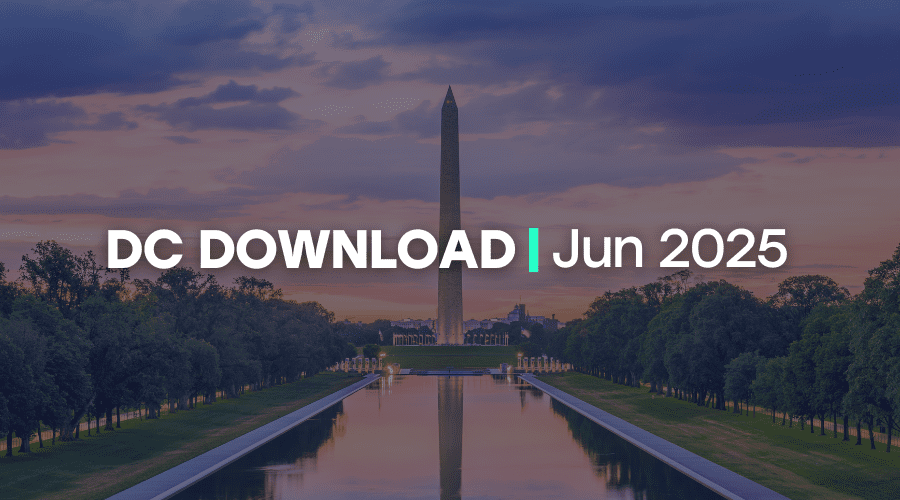President Joe Biden released his first annual budget proposal last week, a $6-trillion blueprint that somehow manages to be both transformational and overlooked. Presidential budget proposals are usually messaging documents, released early in the week with snappy titles and juicy details leaked to drive the news cycle. This one was quite different. With its anti-clickbait title, the Budget of the U.S. Government, Fiscal Year 2022 slipped into in-boxes hours before the start of a long weekend and a congressional recess, when many were already hitting the road or firing up the grill.
Beyond those stylistic choices, the news media have reacted modestly to this budget because it contains little that is new. Despite the eye-popping $6-trillion figure, the budget largely echoes previous proposals from the Administration, including the American Jobs Plan, the American Families Plan, and the offsetting tax increases that accompany them.
For those of us who think about the health of the whole charitable sector, the most noteworthy aspect of this budget is an omission. Although it was a regular feature of the Obama-Biden Administration’s budgets and part of the Biden campaign plan, a cap on itemized deductions (including the charitable deduction) does not appear on any of the budget’s 72 pages. This is unquestionably a victory for advocates who spoke up – to Treasury staff and allies on Capitol Hill – about the damage that such a cap would do to charitable giving and the critical services it supports. As Dan Cardinali, our President and CEO noted, Independent Sector is deeply gratified and applauds this decision.
We applaud the decision – first and foremost – because it is the right policy choice to support the work of our sector at a critical time. But we have more to applaud than that. By effectively taking this proposal off the table for now, the Biden Administration allows the charitable sector to put its considerable advocacy muscle toward things we agree on: implementing the American Rescue Plan, advancing COVID-19 vaccination, and pushing for significant investments in civic and community infrastructure.
A word of caution: the Biden Administration has not explicitly disavowed a cap on the charitable deduction and could decide to propose it as an offset for a particular initiative or as part of a future budget. In fact, officials in the Treasury Department recently told the Wall Street Journal that “certain campaign proposals need more work and others may appear in future plans.” If the charitable sector lets it guard down now, we could give the impression that we have moved on or can be pacified with other offerings.
In the meantime, charitable advocates have notched a significant win of omission.



